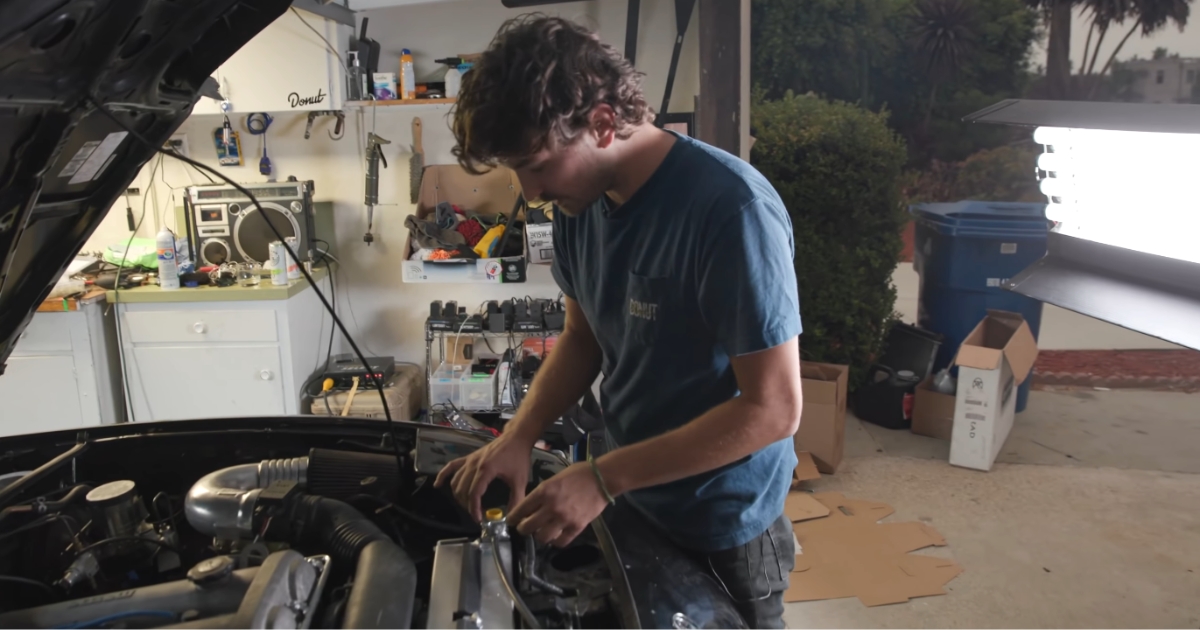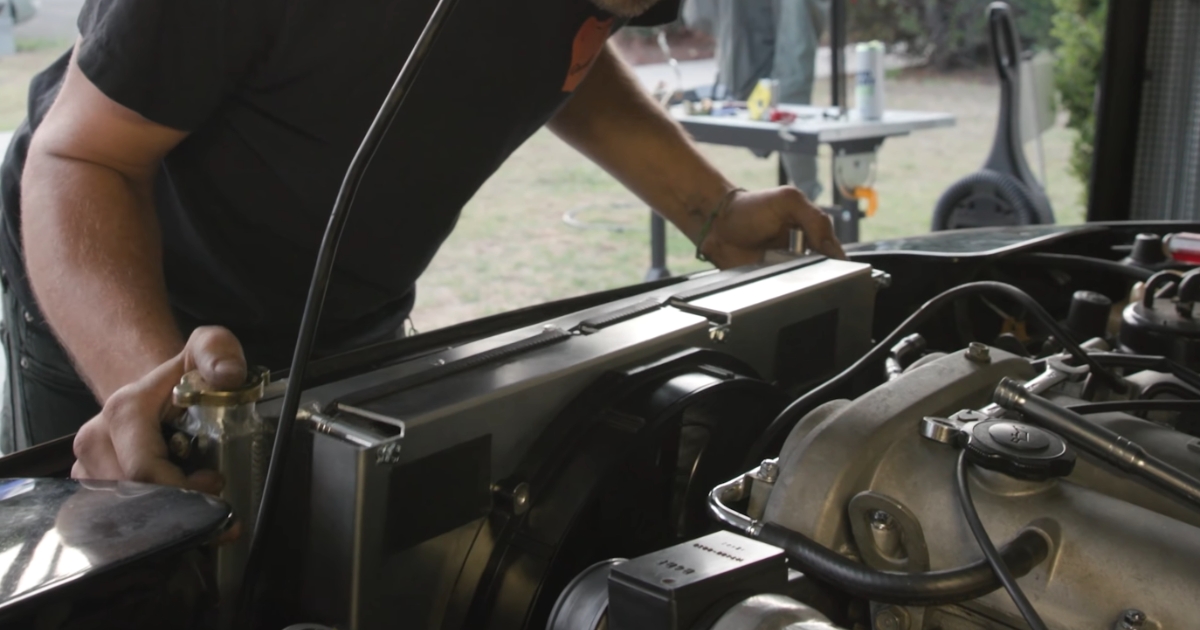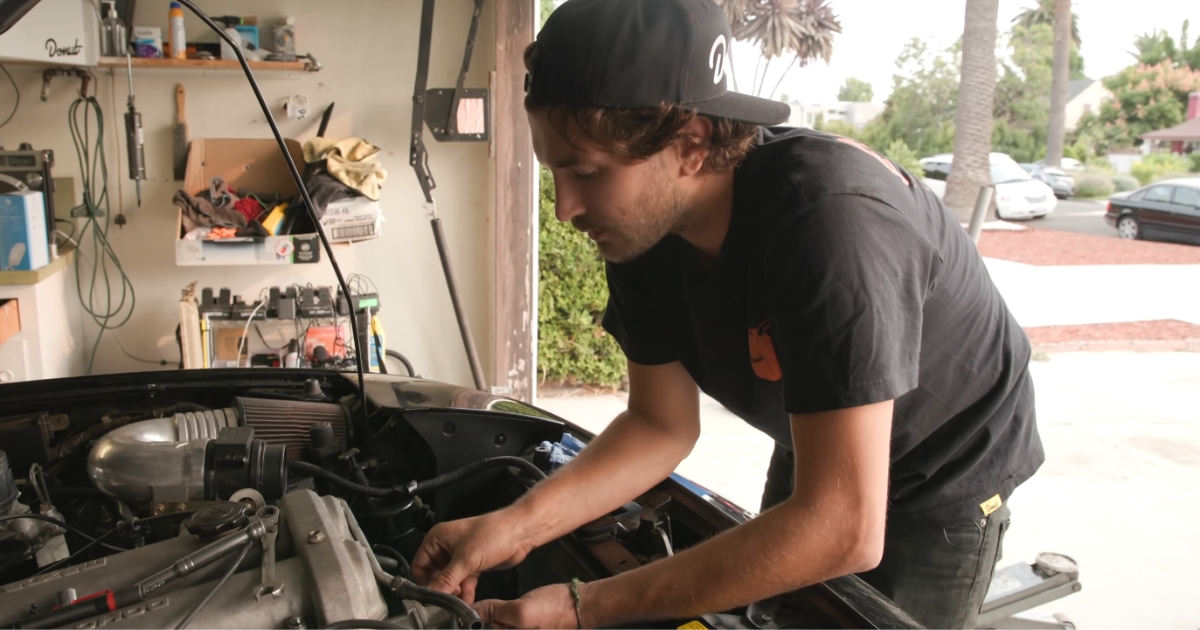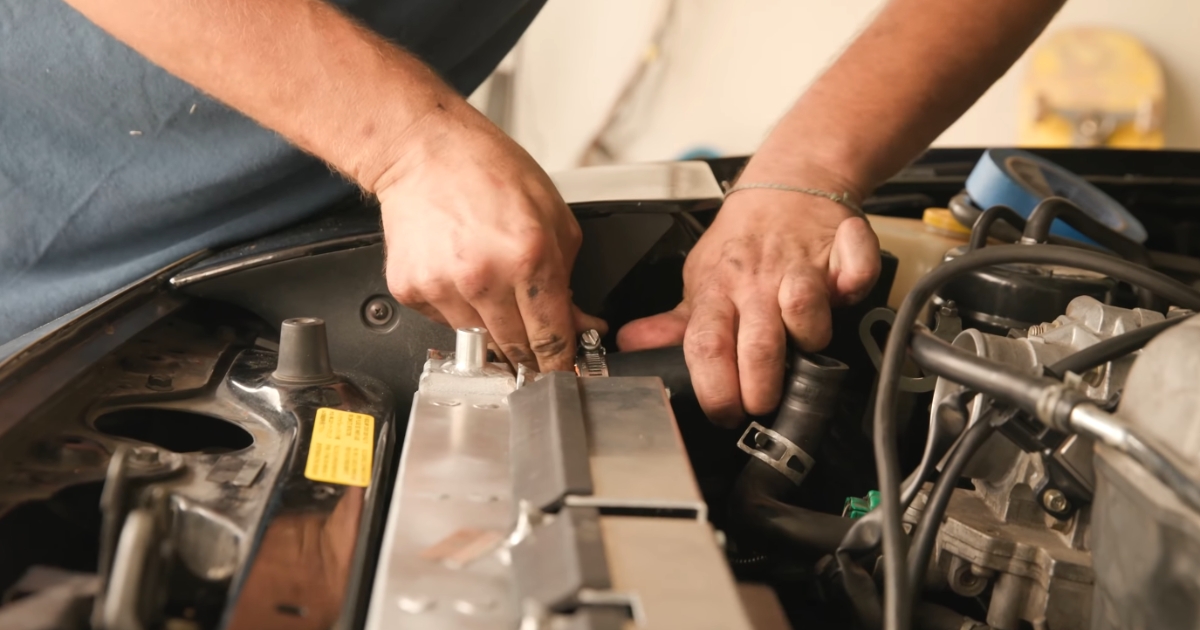The radiator is an essential part of your car, tasked with maintaining the engine’s temperature at safe levels. Its primary function is to stop the engine from getting too hot, averting potentially severe mechanical breakdowns.
For more information about car and radiator repair head over to Natrad.Today, we want to talk about the most important tips you should use for maintenance.
Maintenance Essentials

Routine maintenance of a car’s radiator is pivotal for its efficient operation. Regular inspections and servicing help identify potential issues before they escalate. A critical aspect of maintenance is flushing the radiator. Ideally, this should be done annually or every 30,000 kilometers, whichever comes first.
Flushing helps in removing debris, rust, and residue that accumulate over time, which can hinder the radiator’s performance. It’s also important to check for leaks in the radiator hose during regular oil changes. These hoses can become brittle or damaged, leading to coolant leaks.
Monitoring the coolant level is another key practice, especially in hot weather, to prevent overheating. Additionally, overloading your vehicle can strain the cooling system. Staying within recommended weight limits is crucial to prevent excessive strain on the radiator and the engine.
Radiator Longevity
The lifespan of a radiator is an important part of car maintenance. A well-kept radiator usually lasts at least three years and can even last up to ten years with careful maintenance. Its durability depends on various factors like the radiator’s quality, the conditions under which you drive, and how well you maintain it.
Regular maintenance does more than just prolong your radiator’s life. It also helps your car run smoothly and dependably. To keep your radiator in top shape, it’s crucial to follow your vehicle’s suggested maintenance routine. This means regularly checking the radiator and the entire cooling system for any signs of wear or damage.
Choosing the right coolant is also essential because different engines need different types of coolant. It’s equally important to keep the cooling system clean and unblocked. Over time, dirt and debris can build up, blocking the coolant flow and lessening the radiator’s efficiency.
Regular maintenance should also involve checking and, if necessary, replacing radiator hoses and clamps. These parts can wear out and start to leak. Making sure the radiator cap is working right is another key step, as it keeps the cooling system at the right pressure. A malfunctioning radiator cap can cause your car to overheat or not cool properly.
Identifying Radiator Issues

Recognizing the early signs of radiator problems can prevent expensive repairs and extend the life of your car. Overheating is the most prominent indicator of an issue. If your vehicle tends to overheat, especially under normal driving conditions, it suggests that the radiator is not effectively cooling the engine. Regular monitoring of the temperature gauge can provide early warnings of such issues.
Coolant leaks are another sign to watch out for. These can manifest as pools of liquid under the car, typically of a green, orange, or pink hue, depending on the type of coolant used. It’s essential to address coolant leaks immediately, as low coolant levels can lead to engine overheating and severe damage.
Sludge accumulation in the radiator is a serious concern. It typically indicates that the coolant has degraded or become contaminated. Sludge can obstruct the flow of coolant and diminish the ability to dissipate heat, leading to overheating and potential engine damage. Regularly checking the coolant’s condition can help identify this issue early on.
Heating issues within the car’s interior can also be symptomatic of radiator problems. If the heating system fails to produce consistent and adequate warmth, it could be due to a malfunctioning radiator or issues within the cooling system. Prompt attention to these signs can ensure the efficient functioning of your car and prevent more significant issues down the line.
Preventative Measures
Effective prevention of radiator issues hinges on regular and thorough checks. This proactive approach involves inspecting the radiator and all related cooling system components for signs of wear, tear, or corrosion. Such inspections can reveal small issues before they escalate into major problems. For example, spotting a small leak early on can prevent a situation where the engine overheats due to low coolant levels.
It’s crucial to monitor your car’s load. Overloading it can overwork the engine and cooling system, causing overheating and possible engine damage. Make sure to stick to the weight limits specified by the car manufacturer for safe and efficient operation.
A big no-no is pouring cold water into a hot radiator. Doing this can shock the engine, possibly cracking the engine block. Wait for the engine to cool before adding any coolant or water.
Changing the engine coolant regularly is key for maintenance. Over time, coolant becomes less effective. It’s advisable to change it every three to five years for the best temperature control.
When replacing a radiator, don’t just swap it out. You need to thoroughly flush and clean the whole cooling system. This step gets rid of any old coolant, rust, or other junk that might mess with the new radiator’s performance.
Also, don’t mix different types of engine coolant. They’re made up of different chemicals, and mixing them can cause reactions that lower the coolant’s quality and harm the cooling system. Stick with the coolant type that your car’s maker recommends.
Summary

Maintaining your car’s radiator is integral to the overall health of your vehicle. Regular maintenance, along with being aware of the signs of a failing radiator, can prevent overheating and costly repairs. By adhering to these tips and carrying out routine checks, you can ensure that your radiator functions effectively, extending the life of your car’s engine. We are certain you will find them interesting.













